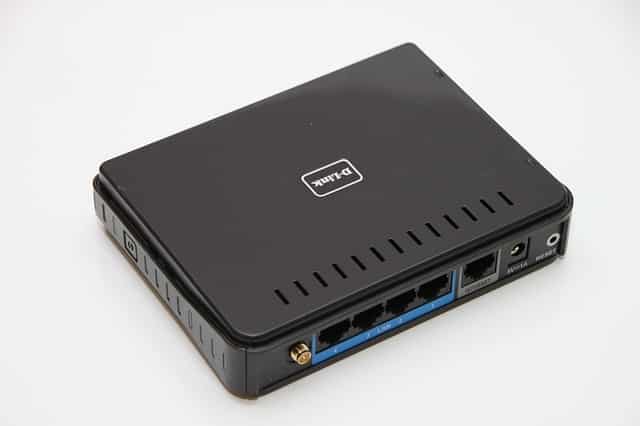Dave’s Computer Repair Blog – Top network security tips for home users
If you read yesterday’s post ‘Top computer security tips for home users’ you will already have an idea of how to protect your computer while connected to the internet. If you have a wireless or wired network in your home, you need to go one step further. By protecting your network, you protect all devices that connect to it. That will include smartphones, tablets, smart TVs, consoles and even smart devices such as refrigerators.
If you use any of these devices, securing your home network is essential. That is as well as protecting the device itself. Here’s how.
While protecting your computer cost nothing, protecting your network may need a small investment. You may need to invest in a router with hardware firewall. If your ISP provides one with a firewall, you can use that if you wish. Otherwise, there are a number of good ones on the market for not a lot of money.
Change all default passwords
Your router will come with an admin account already set up with a default password. Change it immediately. Choose something complicated but memorable but change it. Hackers know most default passwords, or at least the format they use so changing it to something different is the first step in securing your network.
Use wireless encryption
All home Wi-Fi networks should use encryption. Use WPA2 security and TKIP-AES encryption if available. Change the default wireless password to improve security too. Encrypted connections means the vast majority of hackers won’t be able to decipher traffic within the network, seriously enhancing your security.
Change your SSID
Your SSID is your network name and is broadcast to anyone within range of your wireless network. Changing it to something random is a small but effective step to improving network security. Putting ‘The Smiths’ as your SSID means anyone who is within range of your wireless network knows how it belongs to and gives them a significant boost if they want to hack you. Rename your SSID to something different makes the hacker’s job just that little bit harder.
Allow your browser to automatically update
Many network attacks use browser or software vulnerabilities to do their work. Making sure you don’t change your browser from automatic updates means you always run the latest, most secure version of your browser. This will include all the latest fixes and security patches.
As we buy more connected devices, we also need to protect them. This becomes even more important as the Internet of Things takes off and we have smart appliances, thermostats and energy meters becoming internet-enabled. Following these simple but very effective tips can reduce the chances of you being hacked. Considering all of these security tips take less than ten minutes of your time, we think them well worth considering!
Thank you for reading Dave’s Computer Repair Blog, if you ever need computer repair or data recovery assistance give us a call or fill out the contact form on the bottom right of the website.


